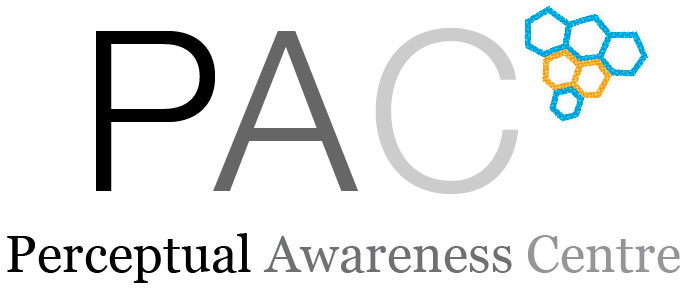PAC in education
The position of PAC is that, while the pursuit of the purely scientific approach to research and technological development has carried with it multiple advantages, it has also lead to oversights that are inhibiting development (inefficiency, overload, inaccurate judgements, health related issues, impoverished communication, poor design) in many areas of human activity. It is no longer acceptable to classify the content of carefully gathered data via experiential encounter as ‘subjective’ and therefor beyond meaningful approach.
Embodiment, the embedding of experiential methodologies, processes, design in technological applications will help to factor human intuition back into mainstream research and education in general. This process will not and does not attempt to disrupt the scientific agenda. However, it imposes a more meaningful and expansive ontology where science is usefully employed in support of the core pursuit. The core pursuit is to explore and define our understanding of human perceptual structure and how our senses populate this phenomenal relationship with the real. This experiential ontology is not new, we are merely reencountering the requirement for it….
All knowledge has its origins in perception. Leonardo Da Vinci
Through achievement in PAC’s two stated areas of activity we will seek to raise awareness in government and its related institutions to the vital role of the arts as leaders in the experientially based disciplines and the role its practitioners play in intellectual and technological progress.
Science manipulates things and gives up living in them. It makes its own limited models of things; operating upon these indices or variables to effect whatever transformations are permitted by their definition, it comes face to face with the real world only at rare intervals. M. Merleau Ponty
